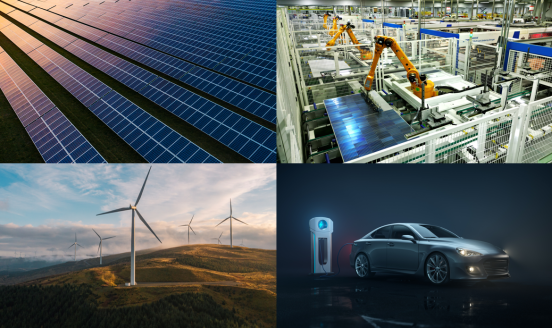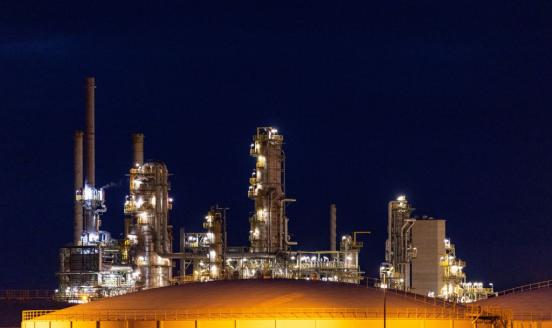The European Union's Global Gateway: An institutional and economic overview
Abstract
Infrastructure investments are the material way of turning sustainable development goals into practice. Climate action requires renewable energy plants, power grids and electric-vehicle charging infrastructure, in the same way that health requires hospitals, education requires schools or connectivity requires ports. In this context, the Global Gateway can help meet the European Union (EU)'s international pledges, such as on climate finance, by supporting partner countries in the implementation of their sustainable development agendas. It can enable EU industry to enter new growing markets, a win for EU industrial policy. On top of this, it can help economic development in the EU's partner countries, providing an invaluable foreign policy dividend for the EU. In geopolitical terms, the Global Gateway can help the EU better position itself in the global infrastructure and connectivity race. Rule-based cooperation focussed on a clear set of priorities represents an attractive alternative to the Belt and Road Initiative in several partner countries, starting in Africa. By scaling up cooperation on economic and social infrastructure projects, the EU thus has an opportunity to promote its values and vision of sustainability in a way that is tangible and long-lasting.



